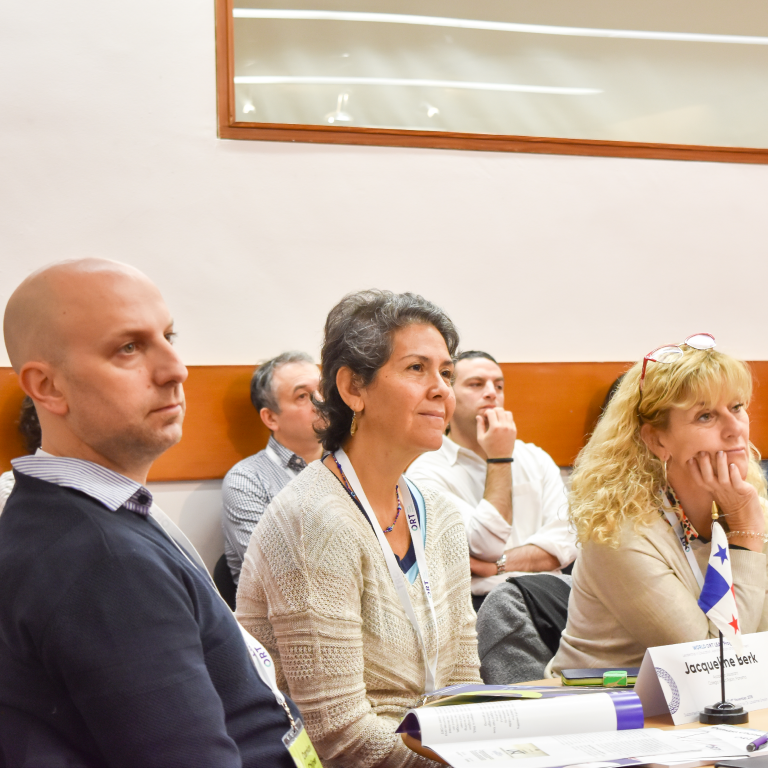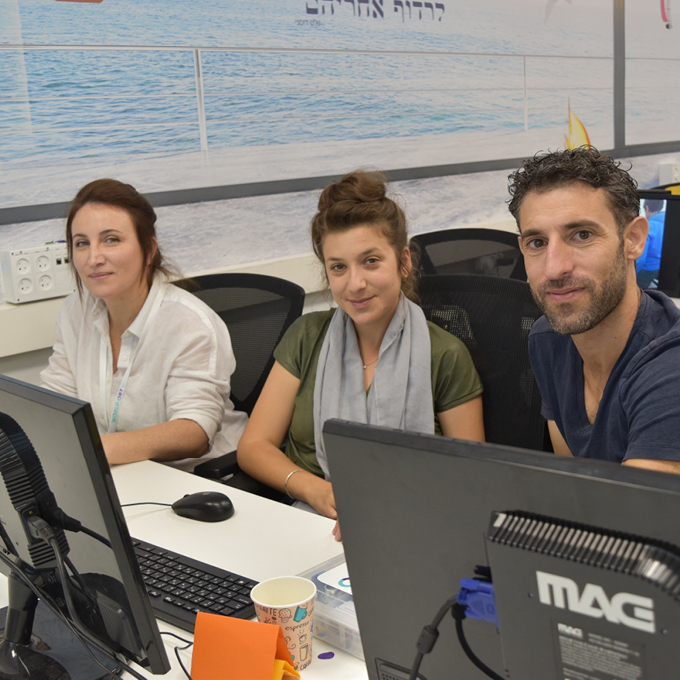
Innovating with Project Based Learning in Amsterdam
Maimonides school in Amsterdam, the Netherlands, joined the ORT network in May 2019. A few years ago, Maimonides changed its approach to teaching and learning in school, focusing on the benefits of project-based learning.
The school leadership found that students were doing well with knowledge transfer but not in gaining skills. They began a process to confront this challenge and project-based learning seemed like it would be a suitable solution.
“We found the students didn’t have enough research skills, they needed discipline to organize their own work, as well as skills in presentation and project management to bridge the gap between high school and higher education.” Iris Eshel, the school Principal, explains the rationale behind the redevelopment of the school.
“We aimed to make sure they have all these skills earlier on in their educational career by building it into our curriculum in the first three years.”
Now Maimonides students in these grades engage with a multidisciplinary project in each term which integrates different languages, subject matters and skills.
One such project is focused on the central subject of history. Working together with The Joods Historisch Museum, the city’s Jewish history museum, the students work on physical making based in historical research.
The project involves creating an exhibit of local Jewish history, as well as compiling a report and a pitch making recommendations for the future of the local community.
“If you come from primary school you’re used to projects. The education system tends to get rid of projects in high school, in favor of overloading students with knowledge, but we keep the project approach alive in Maimonides. Acquiring knowledge is important but being able to use it in a real environment is paramount.”
The innovation has been highly successful, with students and teachers thoroughly engaging with the new teaching and learning style.
“It feels like a mutual project for the students and the teachers, who are also excited about it. It’s also community building and we celebrate the learning outcomes of our students each term.”
Jasper van der Schors teaches Mathematics at the school but teaching for him doesn’t start and finish with his specialty only. “Maimonides is the best school in the Netherlands in my opinion because the students have such a good learning experience. There are now four Houses of Learning at Maimonides, through which students in the lower grades can follow self-directed, project-based learning for 3 hours each week. “
While they follow their own learning paths, it’s up to the teacher to point the students in the right direction and provide guidance rather than answers. A Math teacher like Jasper leads students in his House through a wide variety of topics which might intersect with mathematics directly but may also rely on a completely different set of skills that Jasper will learn along the way also.
There’s Beit Einstein, House of Science, Beit Chagall, House of Arts and Media, Beit Maccabee, House of Sports and Lifestyle and Beit Spinoza, House of Philosophy and question-based learning.
“The Houses were actually inspired by the Houses of Harry Potter, because we wanted to model the sense of community and atmosphere built through learning through mutual interest. The fact that they can influence their curriculum means they take ownership.” Says Iris.
At the beginning of each term, the students choose which House they want to go to. They are encouraged to learn across the different disciplines, but the decision is theirs. Every 10 weeks they can switch Houses, to try out something new. Their project could be to build a robotic car, to create a short film, or develop a health and fitness plan.
Iris says that joining the ORT network felt like a logical step in the school’s development.
“We joined the ORT network because we look for partners always. We would like to reach out to other Jewish schools and share our knowledge. Now that we’ve moved on to this new curriculum this was a perfect opportunity to reach out to other schools who are going or want to do the same. “
If you’re interested in developing a similar project-based learning program in your school,
get in touch.



